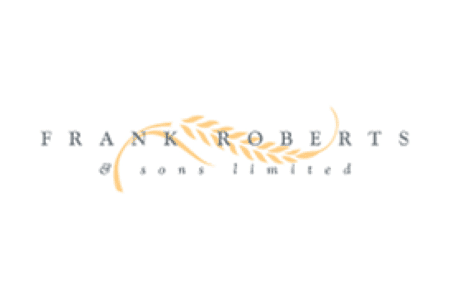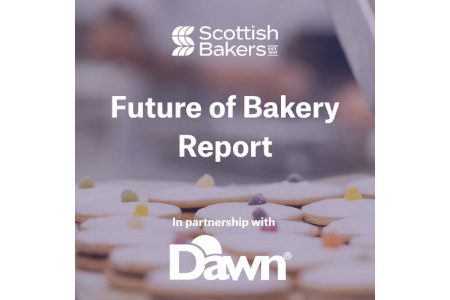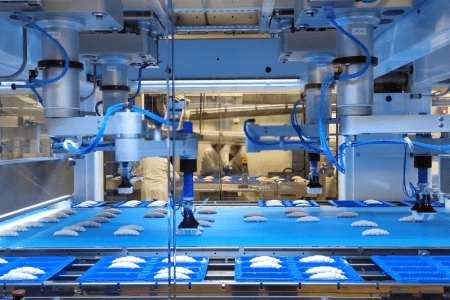Ingredient supplier Corbion has teamed up with Cargill and other companies across the food industry supply chain to promote the adoption of regenerative agriculture practices that lower CO2 emissions and enable long-term food security.
Corbion has joined a collaborative effort to remove barriers to regenerative agriculture practices with financial incentives and technical support for farmers, among a number of companies signed up to promote long-term soil health through a Cargill program that works with corn growers near Corbion’s Blair plant to implement sustainable farming practices.
These practices help increase resilience to climate change as well as improve farmer yields. The corn dextrose from these fields serves as a major raw material input for Corbion.
The program which was established by Cargill through a partnership with the Practical Farmers of Iowa comprises of three elements: cost-sharing for growers who implement cover crops, a technical support network and monitoring and evaluating outcomes and progress towards supply chain sustainability goals.
“At Corbion, our purpose is to preserve what matters,” said Diana Visser, Senior Director – Sustainability at Corbion. “The future of our business, and that of our customers, depends in part on regenerative agriculture practices in our supply chain. Without it, we will not be able to help meet the needs of the world in terms of a safe, nutritious food supply as well as mitigating the effects of climate change. Collaborations like this one led by Cargill are essential to creating an ongoing, sustainable food system.”
Regenerative agriculture encompasses a variety of sustainable agriculture techniques which work in combination to conserve and rehabilitate ecosystems and resources, creating a farming system that remains resilient over the long term. Encouraging farmers to adopt better soil health practices including no till, planting cover crops and nutrient management, it targets the reduction of GHG emissions, increases soil organic matter and increases farmer resilience.
“Taking action to help increase the security and health of our supply chain is not a selfish thing to do, nor is it a selfless thing to do,” said Diana Visser,. “It’s just a smart thing to do. The choice to advance sustainable practices recognizes that we can – and we must – meet the needs of our customers and the world while preserving the planet that feeds us all at the same time.”
Read more latest industry news and developments in our free to download magazine.
Never miss a story… Follow us on:
![]() International Bakery
International Bakery
![]() @int_bakery
@int_bakery
![]() @Bakeryint
@Bakeryint
Media contact
Caitlin Gittins
Editor, International Bakery
Tel: +44 (0) 1622 823 920
Email: editor@in-bakery.com






